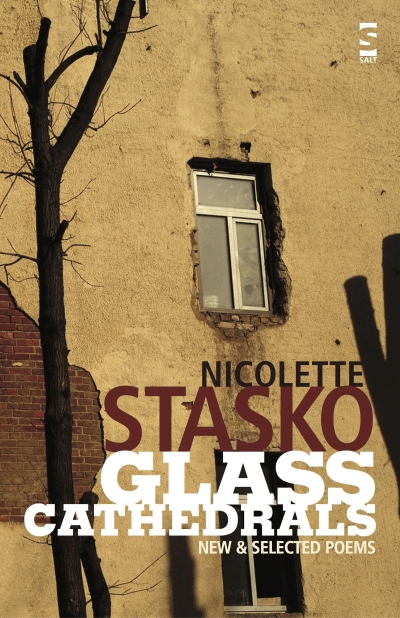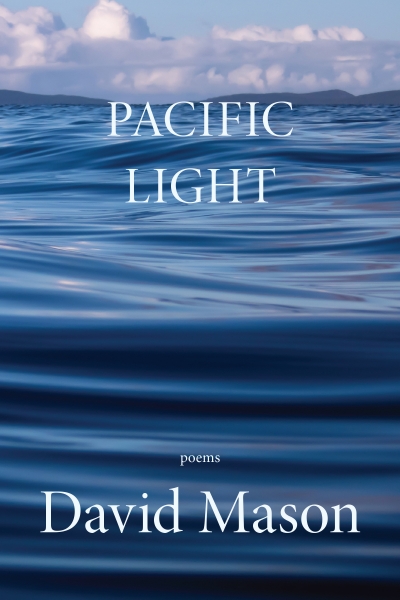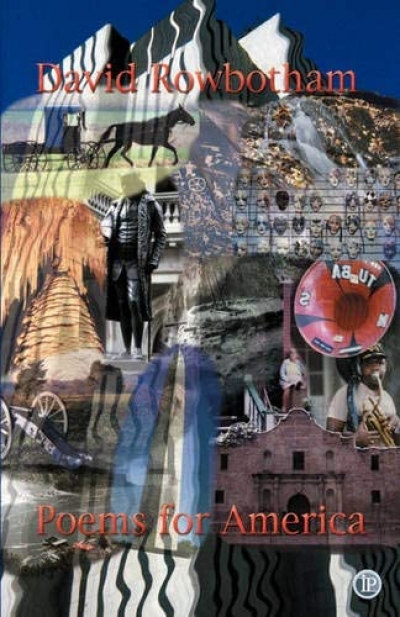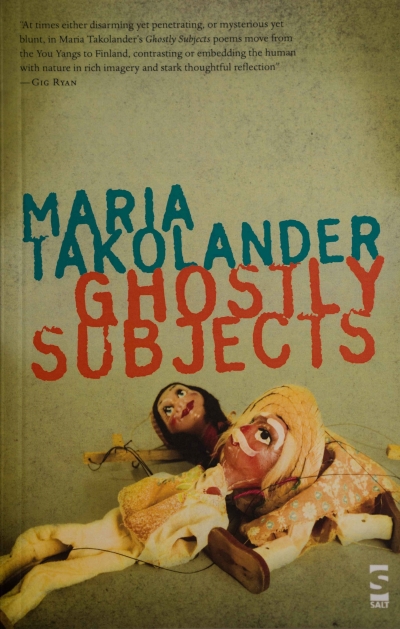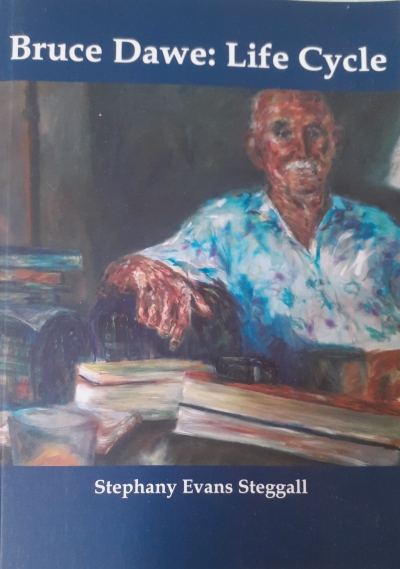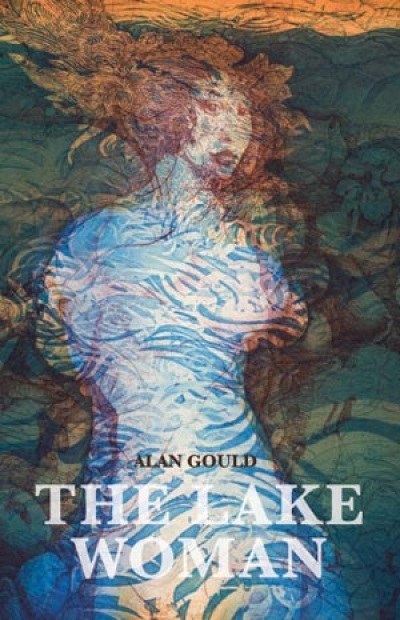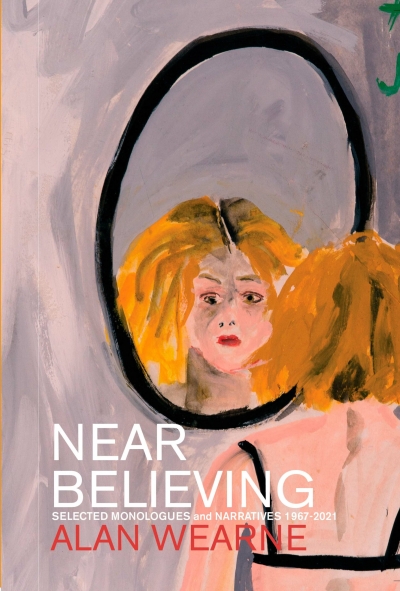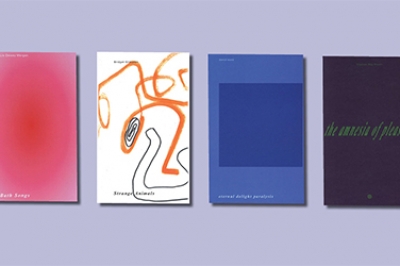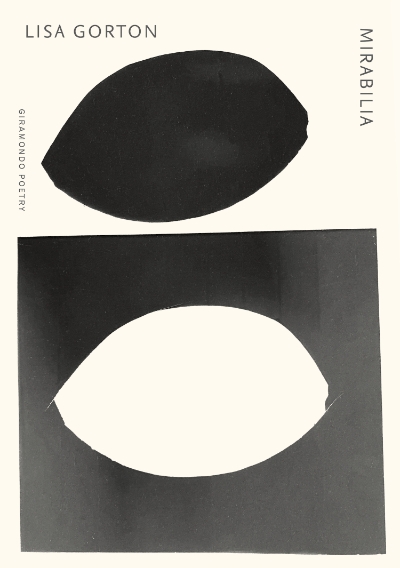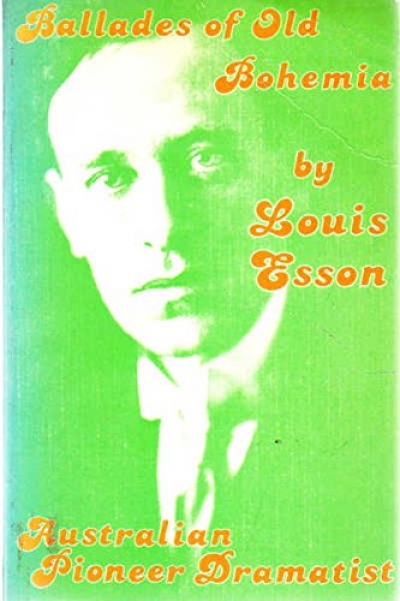Australian Poetry
Glass Cathedrals: New and selected poems by Nicolette Stasko
by Adrian Caesar •
The Lake Woman by Alan Gould & Folk Tunes by Alan Gould
by Paul Hetherington •
Near Believing: Selected monologues and narratives 1967–2021 by Alan Wearne
by Michael Farrell •
The poetry section is growing at the bookshop where I work. Younger readers huddle together to discuss poems. A science student buys five poetry books to read over semester break. When a retired teacher from out of town comes looking for a Judith Wright book, we get talking, I make suggestions, and he ends up dropping almost $300 on poetry titles. Customers ask for First Nations, Middle Eastern, and queer poets, and they want the canon too, they want to try anything staff find exciting. Readers are seeking ways into poetry. Is it having a(nother) renaissance? The results of this year’s Stella Prize corroborate what I’m seeing on the shop floor.
... (read more)Ballades of Old Bohemia: An anthology of Louis Esson edited by Hugh Anderson
by Mary Lord •

